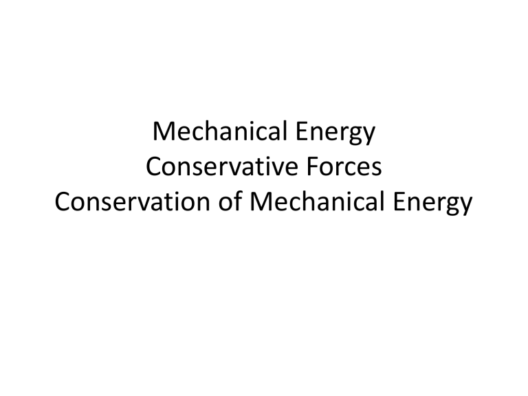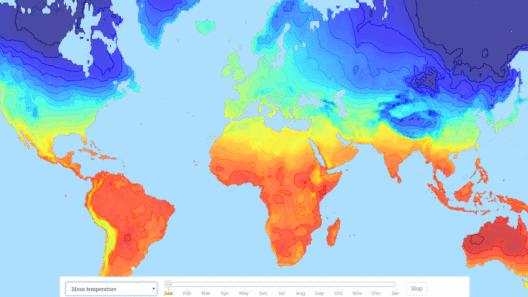The ongoing debate surrounding climate change often feels akin to the symbolic clash of a colossus against a mere pebble. On one side, we have the monumental edifice of scientific consensus, built over decades of rigorous research and peer review. On the other, a scattering of dissenters, skeptics who cling to alternate narratives, often fueled by misinformation or vested interests. The question arises: how robust is the scientific support for climate change research and, fundamentally, how do we demarcate credible voices in an era inundated with information?
To commence, it’s essential to examine the foundation upon which climate science rests. The canon of climate change studies rests on a synthesis of longitudinal data, derived from myriad fields including meteorology, oceanography, and biology. As a tapestry, these studies intertwine to reveal a deliberate pattern: global temperatures are increasing, ice caps are diminishing, and the frequency of extreme weather events is escalating. This empirical evidence coalesces into a consensus; approximately 97% of climate scientists affirm that human activities, particularly the combustion of fossil fuels, significantly exacerbate global warming.
The concept of consensus within the scientific realm is not merely anecdotal; it is substantiated by meticulous surveys and extensive meta-analyses. The Intergovernmental Panel on Climate Change (IPCC), a venerable body composed of thousands of scientists, provides a panoramic view of the current landscape. Their assessment reports are akin to lighthouse beacons illuminating the turbulent seas of climate change. In each subsequent report, the urgency of action is magnified, unveiling the alarming pace of change that calls for immediate global action.
Despite this overwhelming consensus, skeptics continue to proliferate, often transmuting isolated data points into larger arguments against the reality of climate change. This brings us to the phenomenon known as “cherry-picking” — selectively citing evidence that supports a predetermined conclusion while deliberately ignoring a wealth of corroborating data. Such tactics can obfuscate the truth, much like clouds obscuring the full brilliance of the sun.
Moreover, it is crucial to dissect the nature of skepticism itself. Healthy skepticism can be the cornerstone of scientific inquiry, driving researchers to question methodologies and interpretations. However, when skepticism devolves into denialism, it becomes a barrier to progress. Denialist arguments often sprout from misunderstandings of scientific processes or are bolstered by ideological beliefs rather than empirical evidence. The divergence between scientific literacy and public perception can create a rift, where sensationalism overshadows substantial discourse.
To conceptualize this further, consider the world of medicine. Just as a patient may turn to multiple doctors to gain confidence in a diagnosis, the public often seeks a multitude of perspectives on climate science. While individual dissenting voices may command attention, the overall chorus of climate scientists remains undeterred. The medical field similarly experiences a small cadre of naysayers, yet consensus-driven practices have ushered in unprecedented advancements in public health. Likewise, climate science deserves the same level of trust and reliance upon established research.
The crux of climate change skepticism is often linked to economic fears. Critics argue that addressing climate change could result in job losses or diminished economic growth. However, a wealth of studies suggests that transitioning to a greener economy presents not only a moral imperative but also a pragmatic opportunity. Investing in renewable energy sources, energy efficiency, and sustainable practices yields economic benefits and job creation, formulating a new narrative that counters the misconception of a dichotomous choice between economic growth and environmental stewardship.
Furthermore, the transition to clean energy can be viewed as a transformative journey akin to the metamorphosis of a caterpillar into a butterfly. It involves trials and tribulations but ultimately results in a more resilient and integrated system. Through governmental policies and collective action, nations can catalyze economies that prioritize sustainability, embarking on initiatives that reinforce social equity and environmental health.
The role of the media is pivotal in shaping public opinion on climate change. Sensational headlines can inflate skepticism, as contrasting opinions draw readers in. However, equilibrium must be achieved, showcasing the scientific consensus alongside the minority views without unduly amplifying fringe arguments. Accurate representation ensures the public remains informed about the substantial consensus surrounding climate change, fostering understanding and ultimately galvanizing action.
As the climate crisis escalates, it is imperative to invest in education as a bulwark against misinformation. Fostering scientific literacy equips individuals with the tools to discern credible sources from fallacious narratives. National curricula should prioritize environmental education, cultivating a generation that is not only aware of climate change but is also equipped to advocate for solutions.
Ultimately, the narrative surrounding climate change must shift from one of skepticism to one of opportunity and action. Scientists have illuminated the pathways forward. Stakeholders from various sectors must rally behind the uncertainty, catalyzing a unified response to an issue that transcends borders, politics, and ideologies. The burden of uncertainty rests not on the shoulders of science but rather on humanity’s ability to adapt and mitigate these changes. Climate change is not a distant specter; it is a current reality that demands attention and action.
In conclusion, while skepticism will always take root in any robust scientific discourse, it is essential to recognize the overwhelming consensus among climate scientists. Just as the waves build upon each other in a tempest, the scientific evidence converges into a clear and undeniable truth—the time for proactive measures is now. Embrace the science, engage in informed discourse, and cultivate an ethos of stewardship for the planet. The crisis is real, and it is our collective responsibility to forge a sustainable future.







